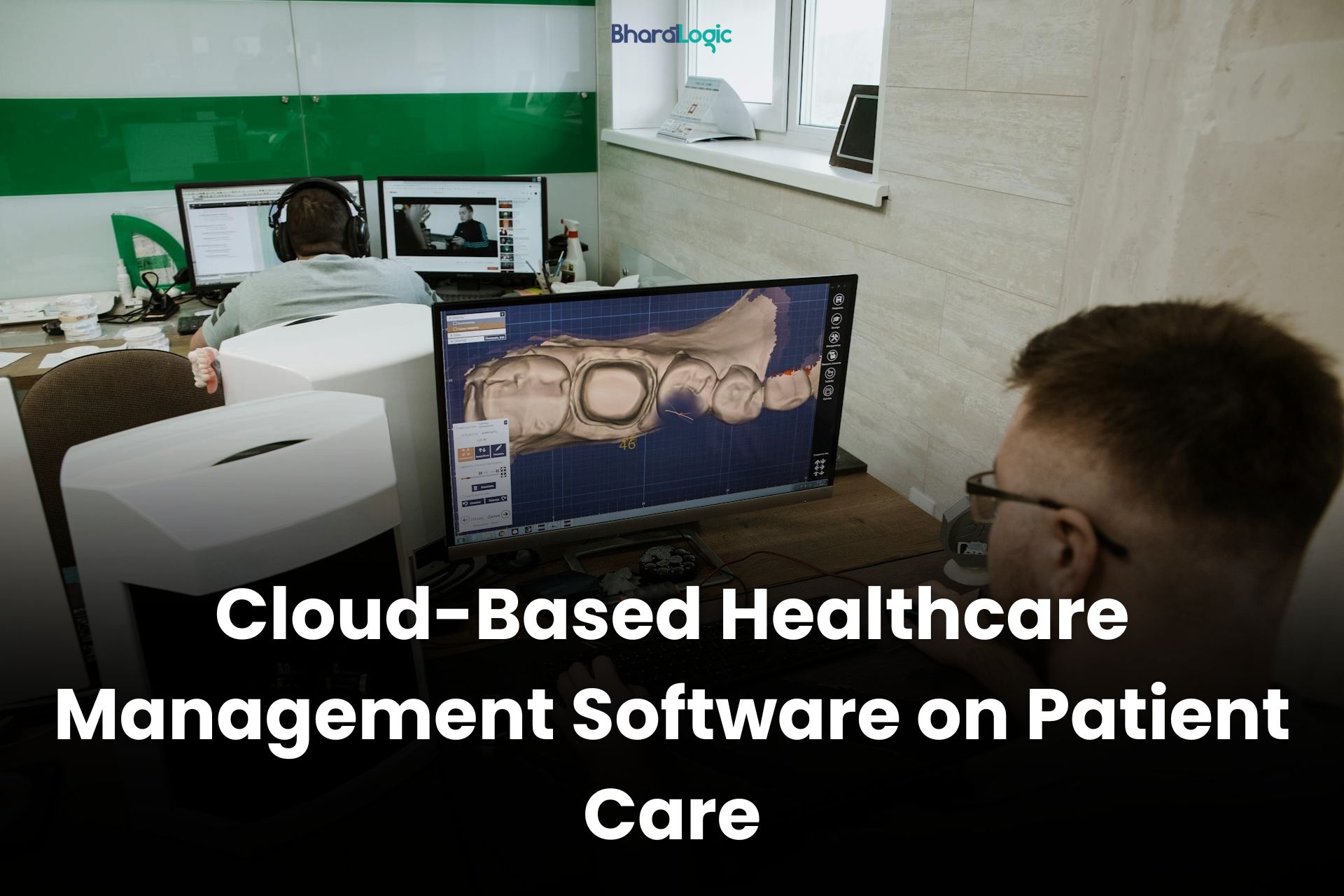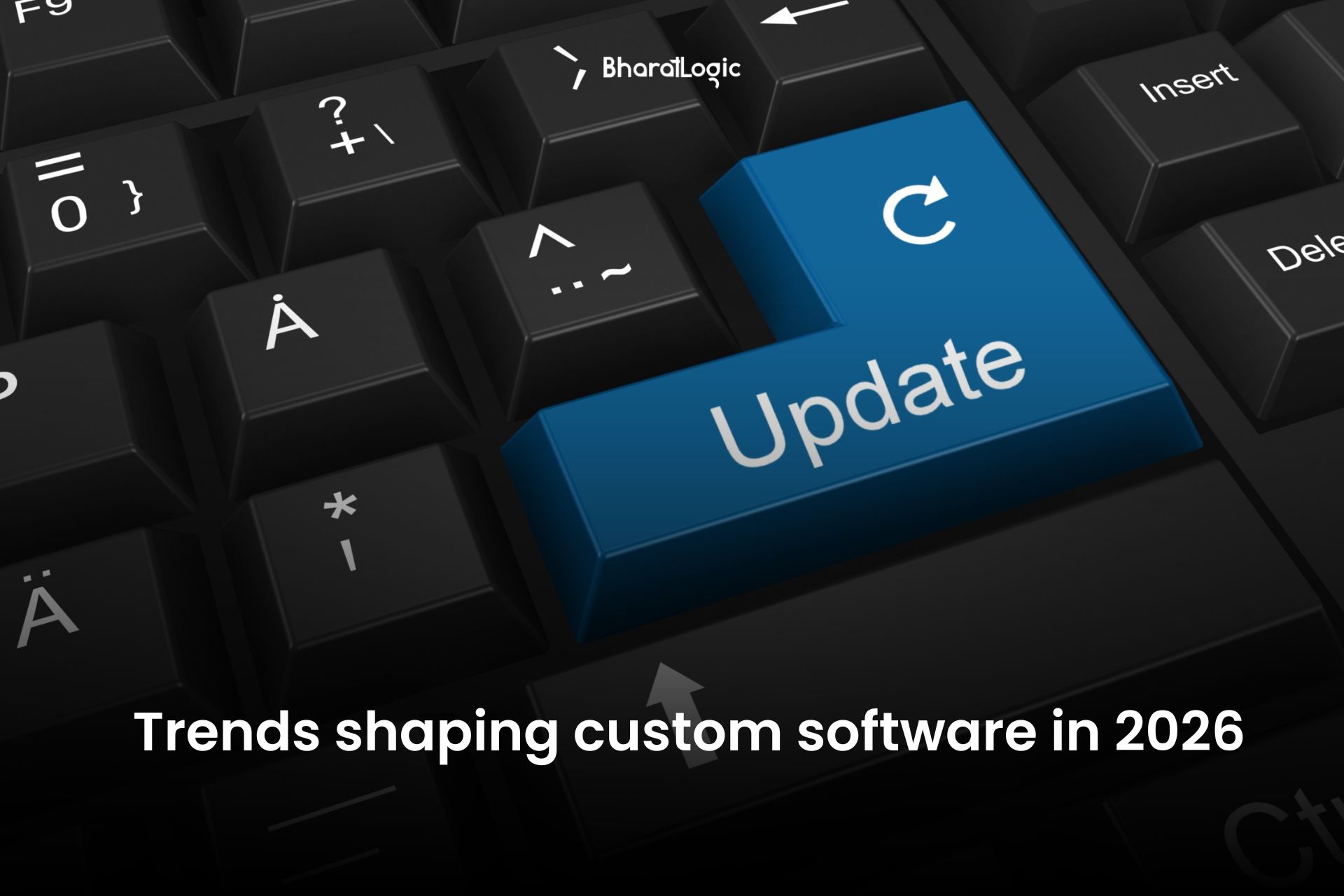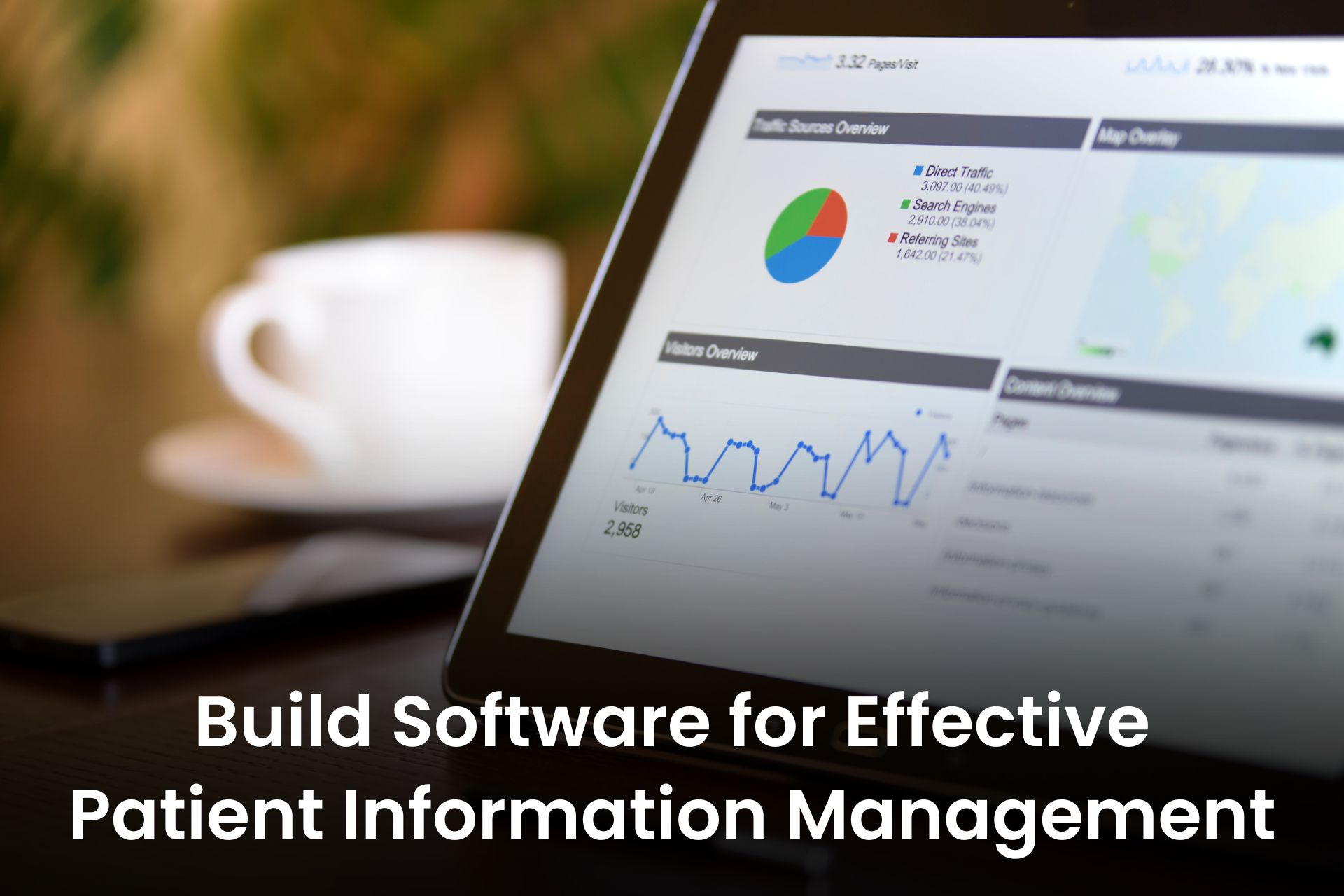The Impact of Cloud-Based Healthcare Management Software on Patient Care
The healthcare industry is experiencing a paradigm shift towards cloud-based management solutions. These innovative systems are transforming how healthcare organizations manage patient information, streamline operations, and ultimately improve patient care.
This blog explores the profound impact of online healthcare management software on patient care, backed by facts and statistics.
The Rise of Cloud Computing in Healthcare
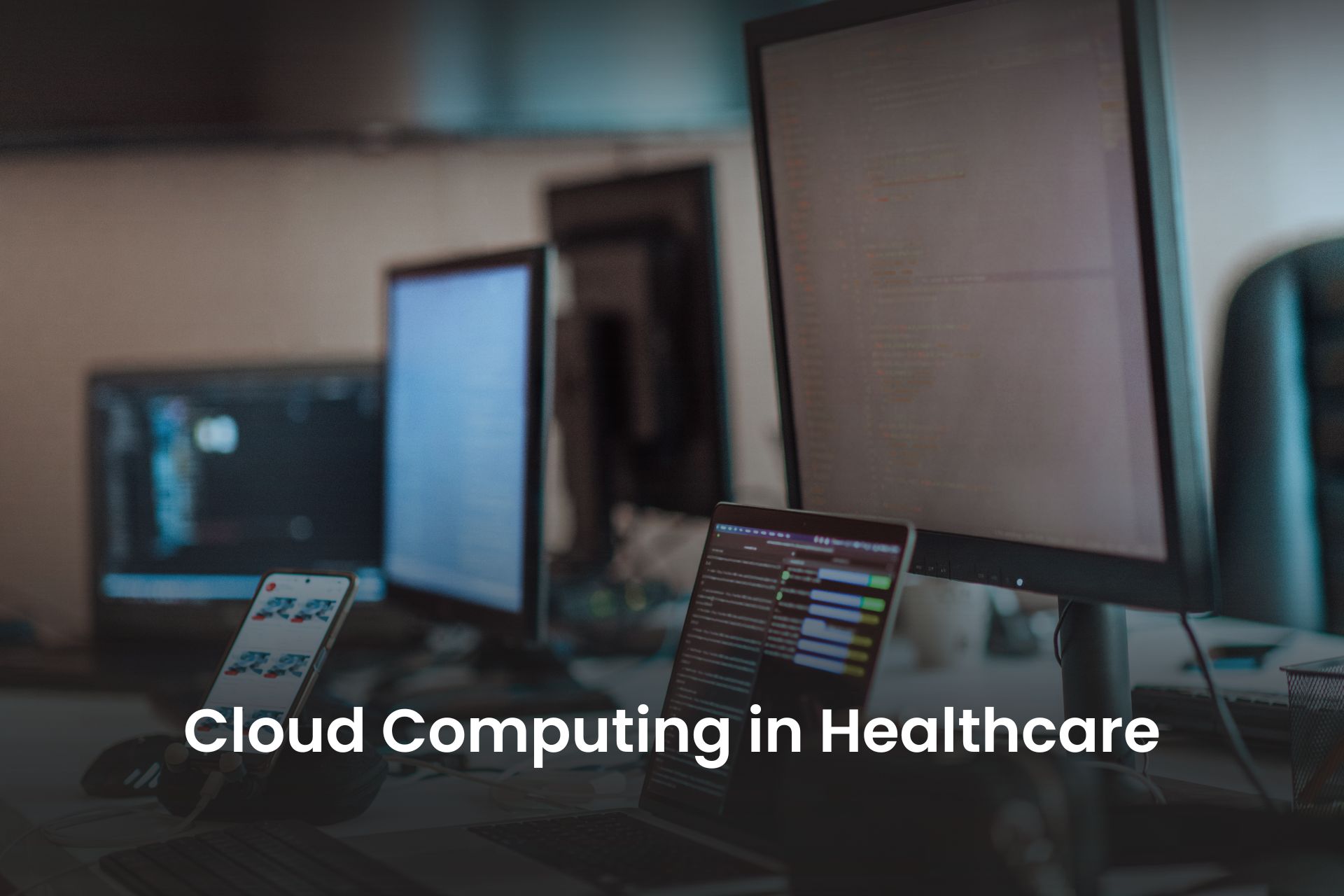
The adoption of cloud computing in healthcare has grown exponentially in recent years. According to a 2021 report by ReportLinker, the global healthcare cloud computing market is projected to reach approximately $64.7 billion by 2025, growing at a compound annual growth rate (CAGR) of 13.7%. This rapid growth signals a broader trend of healthcare organizations recognizing the value of agile, scalable solutions, both in efficiency and patient care.
One of the key drivers of this transformation is the payer-mandated shift toward value-based care, which emphasizes patient outcomes over the volume of services provided. Cloud-based healthcare management software enables providers to collect, analyze, and utilize data effectively, ultimately leading to improved decision-making and empowering healthcare practitioners to focus on delivering quality patient care.
Enhanced Patient Data Management

At the heart of cloud-based healthcare management software is the ability to efficiently manage vast amounts of patient data. Traditionally, patient records resided in siloed systems, making access difficult and leading to fragmented care. With cloud computing, patient data becomes centralized and accessible from any location with internet access, enhancing the continuity of care.
Statistically, a survey conducted by HIMSS Analytics found that organizations utilizing cloud services reported a 23% increase in the availability of patient records to healthcare providers. This seamless access reduces the likelihood of medical errors, enhances coordination among multidisciplinary teams, and enables providers to form more comprehensive views of patients’ health histories. As a result, the speed and accuracy of decision-making improve, leading to better clinical outcomes.
Streamlined Operations and Reduced Costs

Cloud-based health management software not only enhances patient care, but it also streamlines administrative operations. Tasks such as appointment scheduling, billing, and practice management can be efficiently handled through automated systems. According to a report by the American Medical Association (AMA), cloud-based solutions can save healthcare providers an average of 20 hours per week in administrative tasks, a significant reduction that allows healthcare professionals to devote more time to patient care.
The cost-efficiency of cloud computing is undeniable. A study by Frost & Sullivan estimates that healthcare organizations can save up to 20% on IT costs by implementing cloud solutions. This financial flexibility allows healthcare facilities to allocate resources toward direct patient care initiatives, wellness programs, and staff training, driving overall improvements in the patient experience.
Telehealth and Remote Patient Monitoring
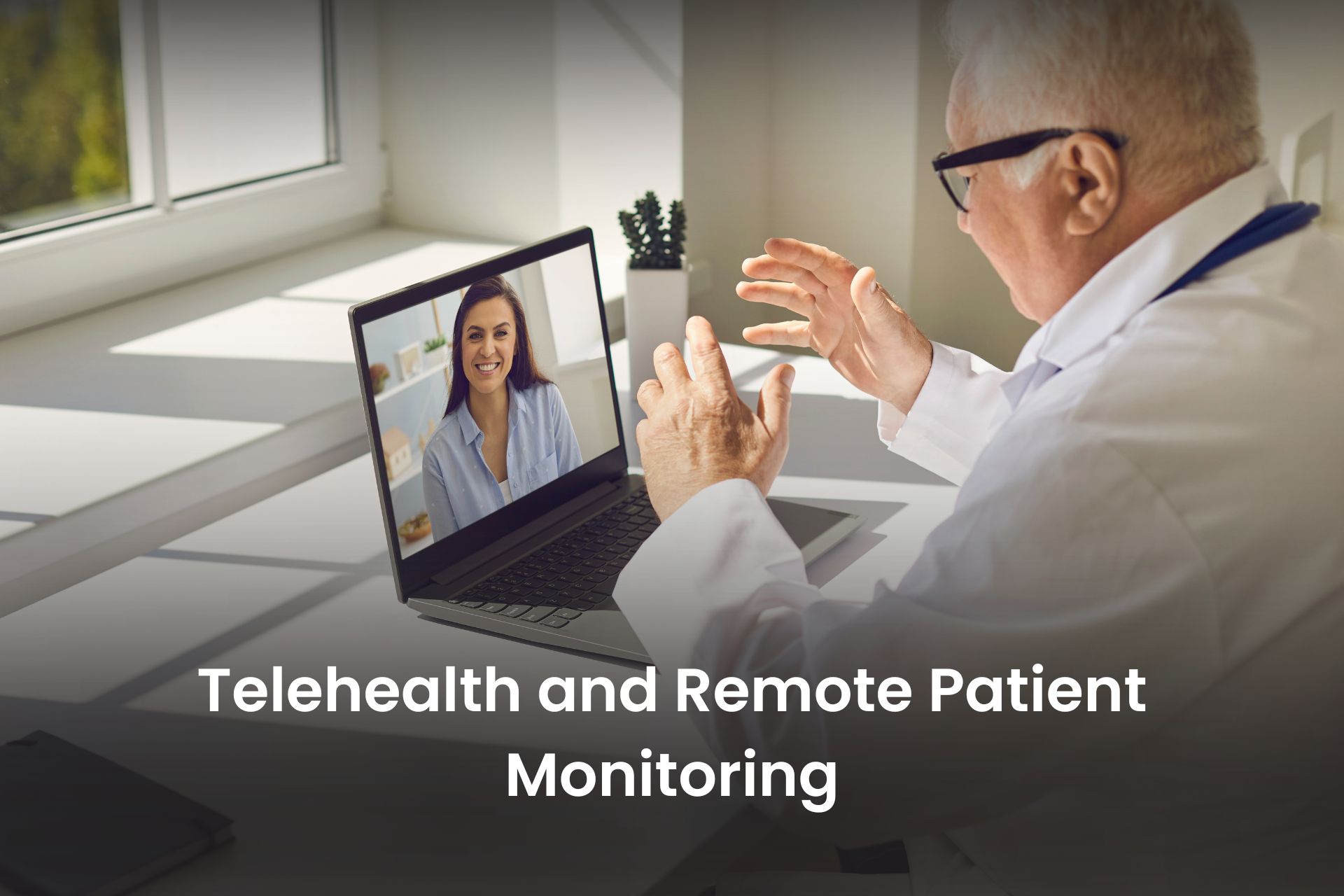
The COVID-19 pandemic accelerated the adoption of telehealth, and secure healthcare management systems have been crucial to this shift. Telehealth solutions enable healthcare providers to conduct virtual consultations, which not only enhances accessibility but also improves patient engagement and satisfaction.
The cloud solutions facilitate remote patient monitoring tools, allowing healthcare providers to track chronic conditions and vital signs from the patient’s home. A study published in the American Journal of Managed Care found that remote monitoring resulted in a 54% reduction in hospital admissions. Such data-driven approaches empower patients in managing their health while enabling providers to intervene proactively.
Data Security and Compliance

Patient data security is a paramount concern in healthcare. Cloud-based healthcare management software often includes advanced security features, protocols, and compliance measures that protect sensitive information. According to a survey by Cybersecurity Insiders, 64% of healthcare executives believe that cloud solutions are safer than traditional on-premise systems.
Many reputable cloud service providers adhere to stringent compliance regulations, including the Health Insurance Portability and Accountability Act (HIPAA). By utilizing cloud-based solutions, healthcare organizations can reassure patients about their commitment to safeguarding personal health information while improving transparency in the data management process.
The Future of Patient Care in a Cloud-Driven World

As cloud-based healthcare management software continues to evolve, its impact on patient care will likely expand and deepen. The integration of artificial intelligence, machine learning, and predictive analytics into cloud systems will further enhance decision-making capabilities, improve patient outcomes, and streamline operations.
In conclusion, the transition to cloud-based solutions marks a significant step toward a more efficient and patient-centered healthcare system. The statistics and insights discussed highlight the transformative potential of these technologies, where quick access to accurate information can save lives, reduce costs, and ultimately lead to a healthier future for all. With the ongoing innovation in cloud technology, the possibilities for enhanced patient care are limitless.
FAQs
Accessibility: Healthcare providers can access patient information from anywhere, facilitating timely care.
Collaboration: Enables seamless sharing of data between different departments and specialists.
Data Security: Providers benefit from advanced security protocols that protect patient information.
Cost Efficiency: Reduces the need for physical infrastructure and associated maintenance costs.
Scalability: As healthcare needs grow, providers can easily scale up their software capabilities.
Cloud-based systems can offer patient portals that empower patients to access their health records, communicate with providers, schedule appointments, and receive tailored health information. This increased transparency fosters greater patient involvement in their own healthcare.
While there are many benefits, challenges include concerns over data privacy and security, the need for robust internet connectivity, potential interoperability issues with existing systems, and the learning curve associated with new technology for both providers and patients.
Cloud-based healthcare management software facilitates telemedicine by providing a platform for virtual consultations, secure communication channels, and easy access to patient records. This enhances accessibility to care for patients who may have difficulty visiting healthcare facilities.
Cloud-based systems often incorporate data analytics tools that help healthcare providers analyze patient data to identify trends, improve treatment protocols, and predict patient needs. This data-driven approach can lead to more proactive and personalized care.
Cloud-based systems allow multiple healthcare providers to access and update a centralized patient record in real time. This improves communication and coordination among different specialists, reducing duplicate tests or conflicting medications and improving overall care continuity.
Most cloud-based healthcare management systems implement high levels of encryption, regular security audits, and compliance with healthcare regulations such as HIPAA (in the U.S.) to ensure that patient data is protected. Providers should always verify the compliance of the software they choose.
Yes, cloud-based solutions can be cost-effective as they typically reduce the need for on-site hardware, lessen IT maintenance costs, and offer flexible subscription models that scale with the provider’s needs. This can help improve financial performance, allowing resources to be allocated more effectively towards patient care.

